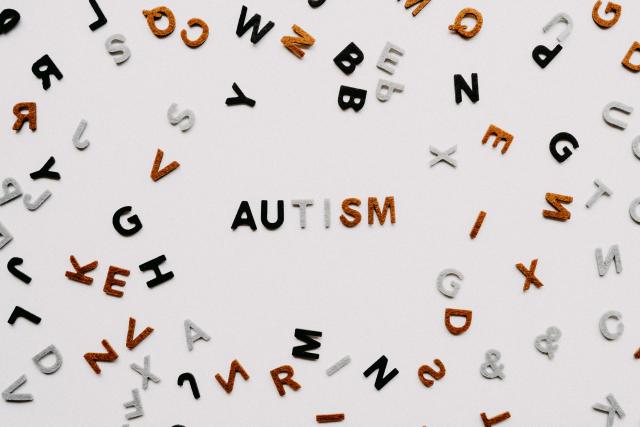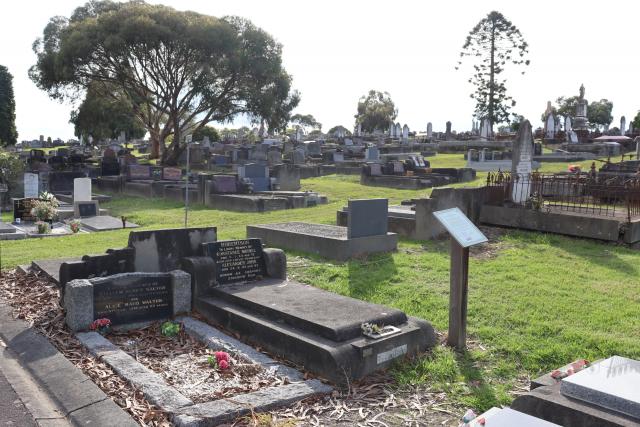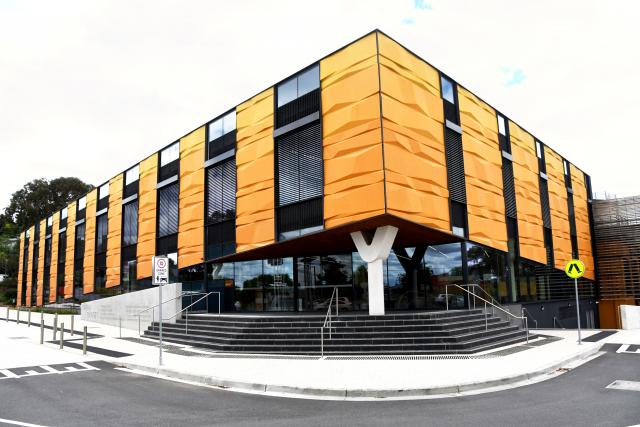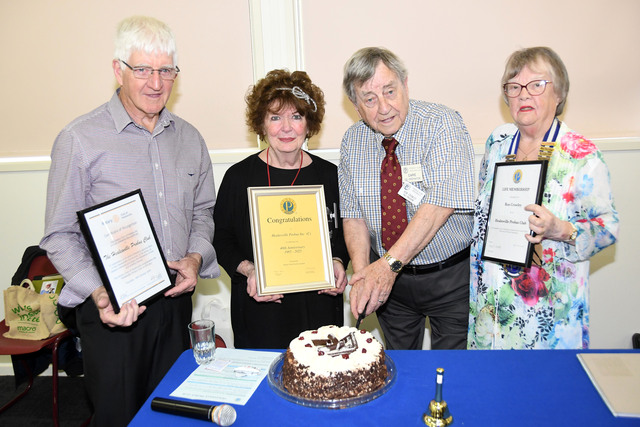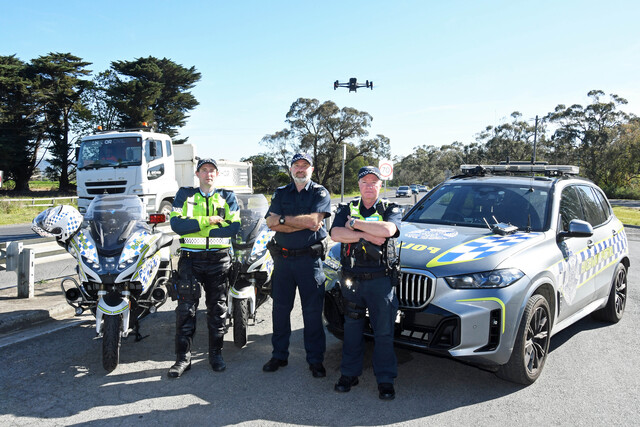April’s Autism Awareness Month provides an opportunity to spread the message of accepting rather than wanting to change someone.
Different Journeys executive officer Mel Spencer said with awareness, often comes the word cure but the month is truly about accepting people as they are.
“It’s not awareness, it’s acceptance and it’s acknowledging who we are, what we are, and then embracing us,” she said.
“Sometimes it’s about that there’s a person first before there’s autism. Autism is a part of me, but it’s only a part of me.”
Understanding the sensory challenges for someone with autism, Ms Spencer said can then explain why someone might walk into a room wearing sunglasses or headphones to counteract light or noise.
Ms Spencer said to fully understand a person’s needs, it’s about listening and learning to what might be triggering for them and to help make reasonable adjustments to ensure they feel safe.
“Autism acceptance is acknowledgment that we might need extra support and that’s no problem.
“To be creative in the way that we’re looking at things like participation and what that means to each individual person. So it’s meeting people where they’re at, not what we think they should be.”
When it comes to participation, Ms Spencer said there needs to be change in how people view it, particularly when it comes to sporting clubs, to understand that being involved doesn’t necessarily mean playing the sport but perhaps compiling statistics or bringing snacks.
A study by Change Your Reactions found 86 per cent of Australians know someone who is autistic.
Of that, 29 per cent of said they knew how to support an autistic person but only four per cent of the autistic community said that other people in the community knew how to support them .
As a population, Ms Spencer said people are still quite unaware about what it means to be autistic and how challenging it can sometimes be.
“People are afraid in the workplace, or in schools to actually come out with a diagnosis because there’s a shame factor. So it’s about changing the landscape of what we see autism as.”
Should someone need quiet time in the library during lunch at school or not make eye contact during a conversation or need things to be in the same order, Ms Spencer said are just ways that person is acknowledging their own needs.
“We all make this assumption that everyone can read and write English or speak it. But what if we can’t? What if we’ve got selective mutism? What if we’re nonverbal? So it’s being adaptable to scenarios and being open to change
“It could be turning up at the same time at the same place and even though they might not talk to you, in six months time, they may because suddenly you’re trustworthy because you’re reliable.”
Ms Spencer said it’s not only about accepting the human being with autism but also about understanding what parents might be going through.
“It’s a pretty lonely journey for parents, because you’re trying to navigate a difficult system and finding that support and connection can be really hard. Where do you go to connect to a tribe and a village of understanding?”
Support without judgement is Ms Spencer’s key advice, whether that be children, parents or colleagues.
“It’s about peer modelling. So model appropriate behaviour, model rather than judge and change the landscape or the narrative.”

